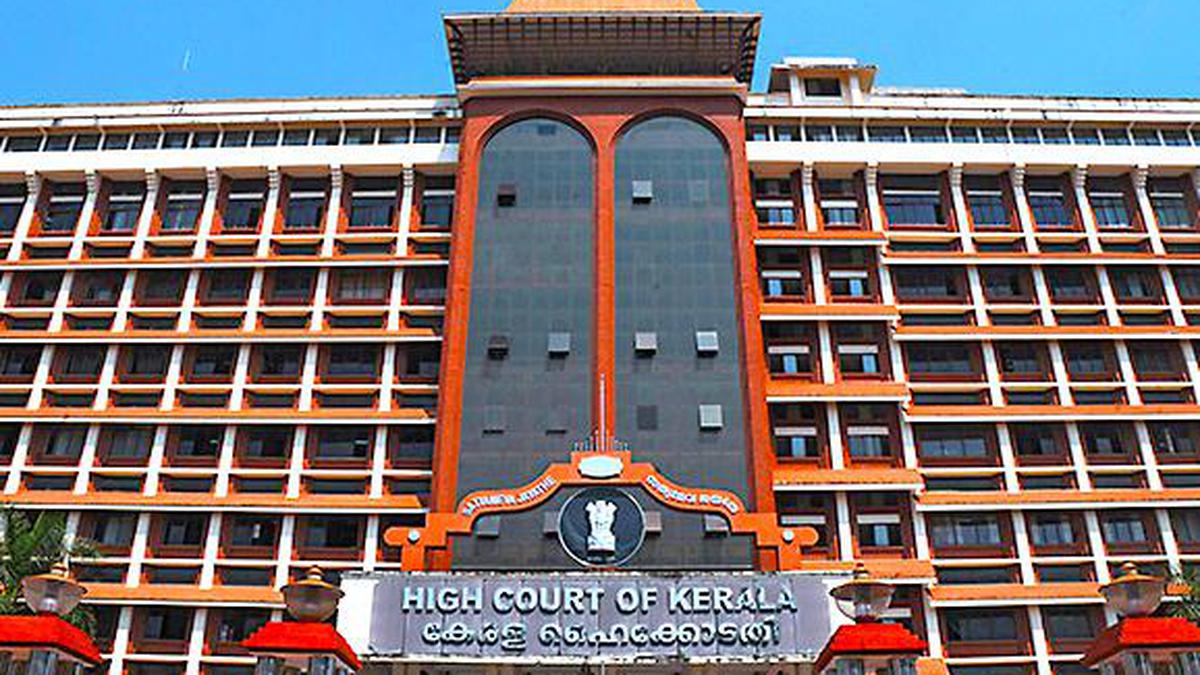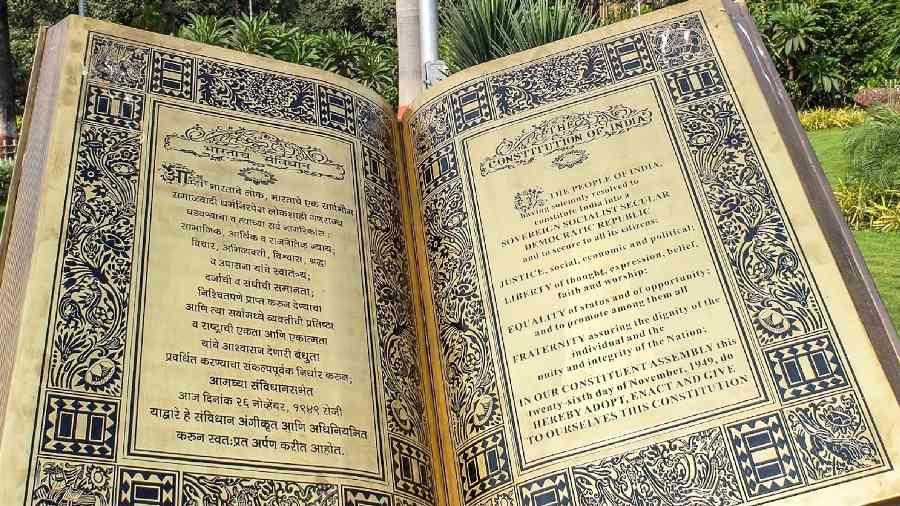Table of Contents
On Friday 16th June, the High Court of Kerala dismissed the habeas corpus petition filed by a woman claiming that she had been separated forcefully from her lesbian partner by her partner’s parents. A bench of Justices PB Suresh Kumar and Shobha Annama Eapen delivered the verdict.

The Petitioner’s Case
The petitioner Sumayya Sherin, who is a lesbian woman, claimed that her partner had been separated from her owing to the orthodox Muslim beliefs of the latter’s family. The petitioner also alleged that the police have been slack in taking action despite several complaints. She alleged that the inaction was due to political pressure. She went on to express her fears about her partner being forced to undergo conversion therapy and leaving India.
“The petitioner apprehends that the detenue will be subjected to conversion therapy and would be taken and would be taken from India against her will. The petitioner apprehends threat to the life of the detenue.” the counsel from the side of the petitioner submitted to the Court.
History of the case
As per the writ petition, Sumayya and her partner Afeefa had been friends since school days and were in a romantic relationship since class 12th.
The petitioner and her partner had earlier eloped on January 27, 2024, following which the relatives of both women filed a First Information Report(FIR) with the police. However, after consideration of the case, a Judicial First Class Magistrate allowed both the women to cohabit and dismissed the FIR.
They then relocated to Ernakulam district to live together until May 30, 2024, when the petitioner’s partner was forcefully taken away by her parents.
The matter was heard by the High Court on June 6, 2024, when the court ordered the Kerala Police to produce the petitioner’s partner before the court on June 19, 2024.
The Court’s Ruling
The court on June 19 dismissed the habeas corpus petition in consideration of the personal statement of the partner where she expressed her desire to go with her parents. Although she admitted to being in a homosexual relationship with the petitioner, the court dismissed the reunion plea after recording her statement.
The Writ of Habeas Corpus
Habeas Corpus is a writ petition that can be filed in the High Court or the Supreme Court. The court, exercising its power under this writ, can order the release of a person from unlawful imprisonment or detention.

Similar Cases
In May 2022, the High Court of Kerala allowed a lesbian couple, Adhila Nasrin and Fatima Noora to cohabit as per their free will after Adhila filed a habeas corpus petition with the court. Adhila and Noora, however, unlike the present case, have been living together after finding employment at a private firm.
In 2018 too, 40-year-old Sreeja, who lived in Kollam, had appealed to the High Court after her 24-year-old partner Aruna was forcefully admitted to a mental hospital by her parents.
The High Court of Kerala had observed that “the live-in relationship between the parties will not offend any provisions of law and crime in any manner”. The court based its reasoning on the landmark judgment in the Navtej Singh Vs Union of India case.
Navtej Singh Vs Union of India
The Supreme Court of India in this landmark case had legalized homosexual relationships in the country stating unambiguously that “constitutional morality cannot be sacrificed at the altar of social morality.” The court interpreted the freedoms of the LGBTQIA+ community to be in line with the constitutional values and the Rule of Law.













